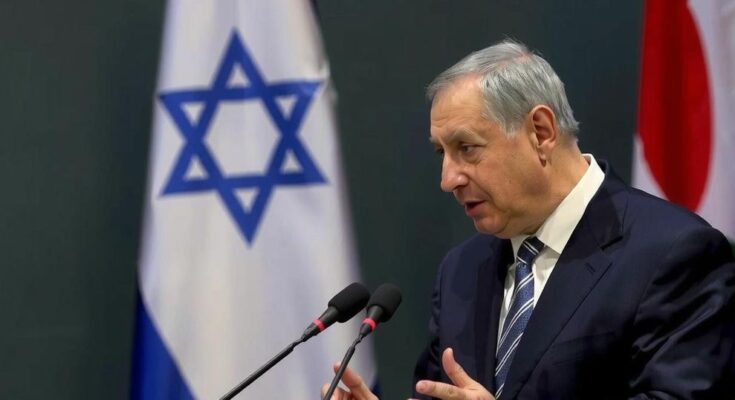Israeli Prime Minister Benjamin Netanyahu asserts that the ceasefire with Lebanon does not signify the end of hostilities, citing violations by Hezbollah. Despite calls for restraint, Israeli military actions continue, prompting fears of escalating conflict. Defense Minister Israel Katz emphasizes the Lebanese army’s responsibility to dismantle Hezbollah, warning of severe consequences if the ceasefire collapses.
Israeli Prime Minister Benjamin Netanyahu emphasized on December 3 that the ongoing conflict with Hezbollah in Lebanon persists despite the current ceasefire agreement. During a cabinet meeting in Nahariya, he highlighted that the ceasefire is not synonymous with the conclusion of hostilities, stating, “We are currently in a ceasefire, I note, a ceasefire, not the end of the war.” Netanyahu reiterated Israel’s commitment to maintaining the ceasefire while taking firm action against any violations.
Netanyahu accused Hezbollah of breaching the agreement by launching attacks, prompting Israel to respond with airstrikes targeting over twenty locations in Lebanon. Conversely, France accused Israel of violating the ceasefire twenty times, with one incident resulting in the deaths of three Lebanese civilians. This marked a critical escalation in violence, with Israel claiming that its latest air operations aimed at Hezbollah positions, further escalating tensions.
Echoing Netanyahu’s stance, Israeli Defense Minister Israel Katz articulated the urgent necessity for the Lebanese army to take decisive action against Hezbollah, stating, “If they do not do it and this whole agreement collapses, then the reality will be very clear.” Katz communicated Israel’s readiness to escalate its military response if Hezbollah continues its activities.
The situation remains tenuous as both Israel and Hezbollah exchange accusations regarding violations of the recent ceasefire, with fears growing over a potential return to full-scale conflict if peace efforts fail.
The conflict between Israel and Hezbollah, a militant group based in Lebanon, has a long and complex history characterized by repeated outbreaks of violence. The recent ceasefire follows heightened military engagement, with both sides accused of infringing on the terms agreed upon to halt hostilities. The involvement of international actors, such as France, highlights the broader complexities of regional dynamics and the challenges in maintaining peace. Current events suggest a fragile ceasefire as military actions continue, exacerbating tensions and leading to fears of renewed warfare.
In summary, Prime Minister Netanyahu’s remarks underscore the fragility of the ceasefire with Hezbollah, as ongoing military actions and accusations highlight the continued state of conflict. Both Israeli and Hezbollah officials exhibit a readiness to escalate military responses should violations persist. The international role remains crucial in addressing these tensions and fostering stability in the region as the potential for renewed conflict looms large.
Original Source: thecradle.co




